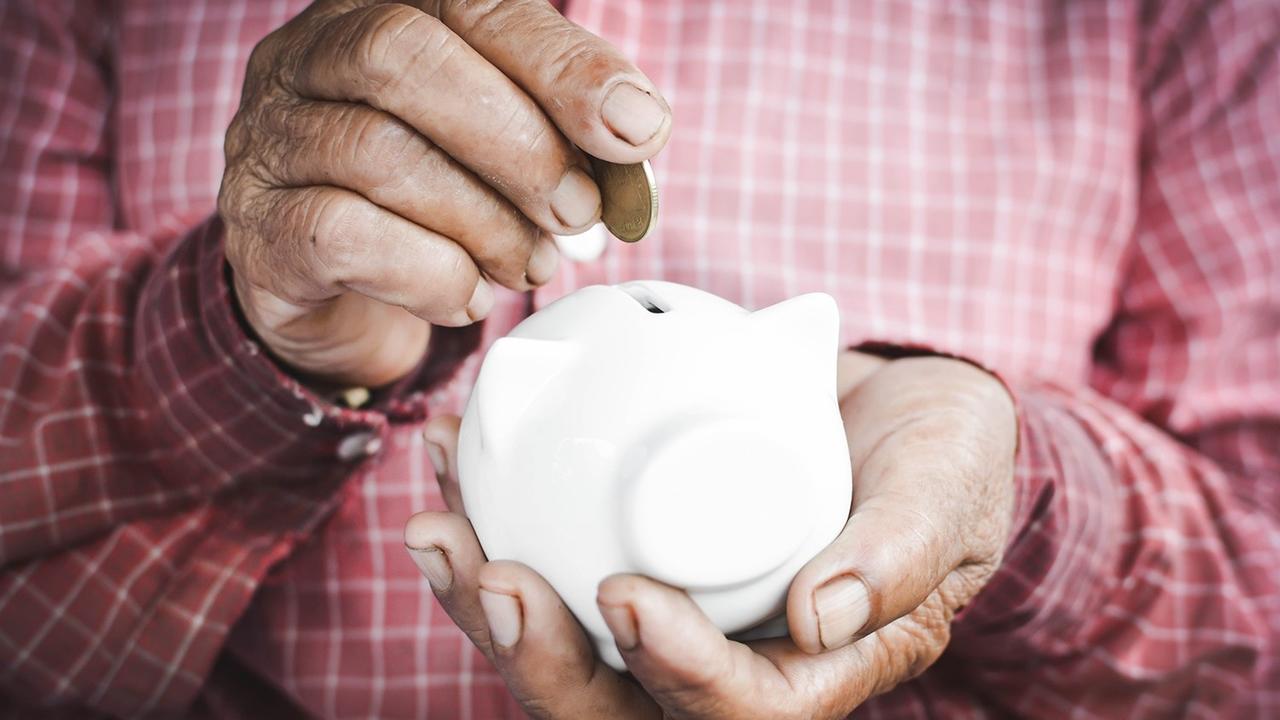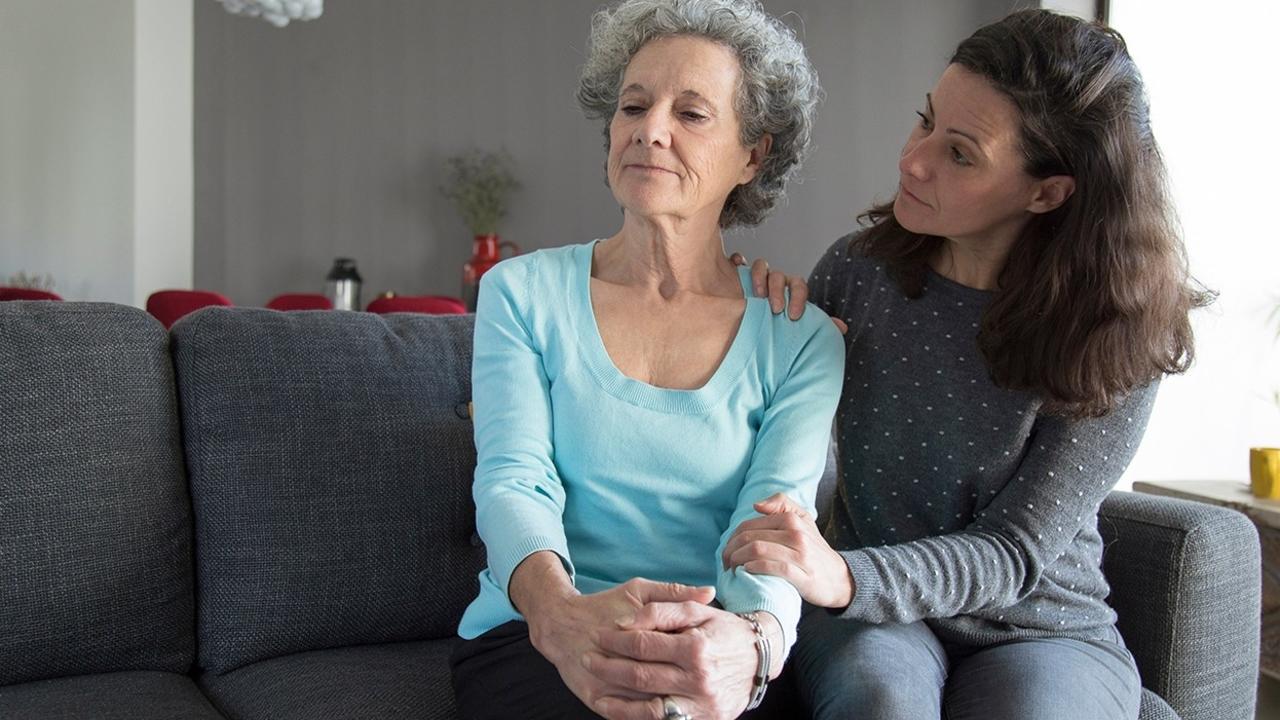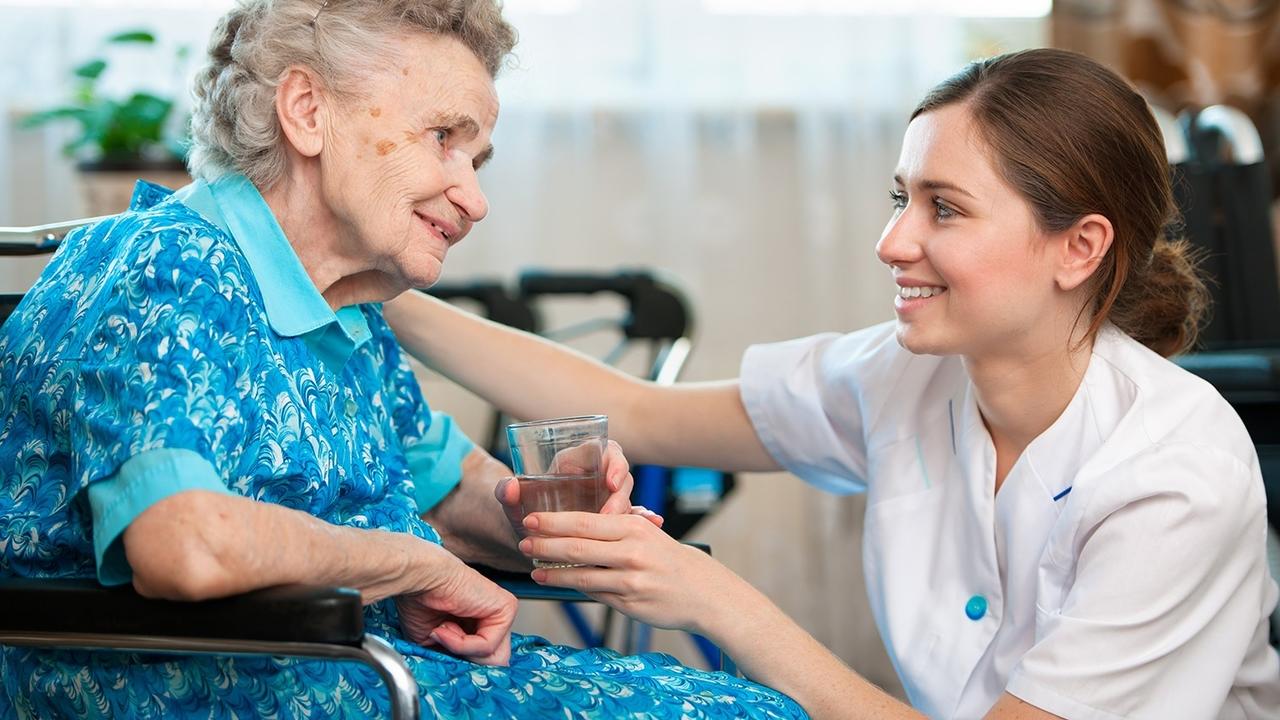Aging Humor: Perks of Being Older

Perks of Being Older
1) There is little left to learn the hard way
2) Things you buy now won’t wear out
3) You can quit trying to suck in your stomach, no matter who walks in the room
4) You can eat dinner at 4PM and get the early bird special
5) You are no longer viewed as a hypochondriac
6) Your joints are more accurate meteorologists than the weather person on TV
Aging Humor: Life is a Journey to Enjoy

‘Life should NOT be a journey to the grave with the intention of arriving safely in an attractive and well preserved body, but rather to skid in sideways – Danish in one hand – chocolate in the other – body thoroughly used up, totally worn out and screaming ‘WOO HOO, What a Ride’
———————
While working for an organization that delivers lunches to elderly shut-ins, I used to take my four-year-old daughter on my afternoon rounds. She was unfailingly intrigued by the various appliances of old age, particularly the canes, walkers and wheelchairs.
One day I found her staring at a pair of false teeth soaking in a glass. As I braced myself for the inevitable barrage of questions, she merely turned and whispered, “The tooth fairy will never believe this!”
Aging Humor: You’re Not A Kid Anymore When…

You’re Not A Kid Anymore When…
You’re asleep, but others worry that you’re dead.
Your back goes out more than you do.
You quit trying to hold your stomach in, no matter who walks into the room.
You buy a compass for the dash of your car.
You are proud of your lawn mower.
Your best friend is dating someone half their age…and isn’t breaking any laws.
You sing along with the elevator music.
You would rather go to work than stay home sick.
You constantly talk about the price of gasoline.
You enjoy hearing about other people’s operations.
You consider coffee one of the most important things in life.
You make an appointment to see the dentist.
You no longer think of speed limits as a challenge.
Neighbors borrow your tools.
People call at 9 pm and ask, “did i wake you?”
You have dreams about prunes.
You send money to PBS.
You take a metal detector to the beach.
You wear black socks with sandals.
You know what the word “equity” means.
You can’t remember the last time you l...
Aging Humor: Never Stop Laughing

You don’t stop laughing because you grow old, You grow old because you stop laughing!!
My memory’s not as sharp as it used to be. Also, my memory’s not as sharp as it used to be.
Just before the funeral services, the undertaker came up to the very elderly widow and asked, “How old was your husband?” “98” she replied, “Two years older than me.” “So you’re 96,” the undertaker commented. She responded, “Hardly worth going home, is it?”
19 Things Elders Have Learned – Humor

19 Things Elders Have Learned
- Never, under any circumstances, take a sleeping pill and a laxative on the same night.
- Don’t worry about what people think; they don’t do it very often.
- Going to church doesn’t make you a Christian anymore than standing in a garage makes you a car.
- Artificial intelligence is no match for natural stupidity.
- If you must choose between two evils, pick the one you’ve never tried before.
- A person, who is nice to you but rude to the waiter, is not a nice person.
- For every action, there is an equal and opposite government program.
- If you look like your passport picture, you probably need the trip.
- Bills travel through the mail at twice the speed of checks.
- A conscience is what hurts when all of your other parts feel so good.
- Eat well, stay fit, die anyway.
- A balanced diet is a muffin in each hand.
- Junk is something you’ve kept for years and throw away three weeks before you need it.
- Experience is a wonderful thing. It enables you to recognize a mi...
Create Your Living Will so Your Long Term Care Wishes are Honored!

Here’s my pitch for everyone to have their own power of attorney for health care and living will. If and when something happens and you’re not able to verbalize what treatment you want, it is important to have this document! It’s the only way to assure you will get just what you want. Do it today!
Here is one resource:
The Five Wishes document helps you express how you want to be treated if you are seriously ill and unable to speak for yourself. It is unique among all other living will and health agent forms because it looks to all of a person’s needs: medical, personal, emotional and spiritual. Five Wishes also encourages discussing your wishes with your family and physician. Get yours at www.agingwithdignity.org. Order for $5 each.
Money-Saving Tips for Family Caregivers

Money-Saving Tips for Family Caregivers
Given the current economic times, all of us are rethinking the way we spend money. Sometimes finding additional ways to cut back on spending is difficult. Here are some simple money saving ideas that anyone can use to save money each and every day.
Save on Food Bills
* Clip coupons. Some grocery stores even offer double or triple off on coupons.
* Buy generic. Store brands often cost much less than brand names, and often, the products are almost identical.
* Apply for and use a store’s free savings card, sometimes called “club cards”. Stores offer many items on sale if you use your card.
* Check out what’s on sale. Additionally, some stores mark down items if they are approaching their “use by” date.
* Make a list of items on sale and plan your shopping before going to the store.
* Don’t shop for groceries when you’re hungry. Your empty stomach won’t care how much something costs, it wants to eat now!
* Eat fewer meals out. When you do g...
AgingPro Caregiving Tip: What is Mine to Do?

When caring for an older loved one, it is important to ask yourself, “What is mine to do in this situation?” Some caregivers will find themselves called to give hands-on assistance, others will donate money, food or time, and still others will do nothing. Be aware that each person is doing the best they can at the moment.
Building resentment over what others are or are not doing in the caregiving role is neither productive nor healthy—for you, for them, or for your loved one. Determine what is yours to do, and do it to the best of your ability. You can’t possibly do everything that you think needs to be done. Tell yourself and your loved one, “I love you, and I’m going to do the best I can with what I have and with what I know.”
How Can I Make My Aging Parents Do What I Want?

I had two calls just today on a similar topic — How can I make my aging parents to “do what I want.” This question comes up a lot. The adult child sees mom or dad living in, what they consider, less than the best situation and the child thinks that things would be so much better if only they would do “X” (such as move closer to her, move to an assisted living or get caregiving in the home). The only problem is, Mom or Dad doesn’t want to do “X.”
The main thing to remember is this: People (everyone, including your parents) have the right to make their own decisions (even if they look like really bad decisions to you) for as long as they have “capacity.” Basically, “capacity” means that they understand the consequences of their decisions – the ability to receive, evaluate and communicate a decision to others. If they have advanced dementia or are in a coma, they probably don’t have capacity. Physical frailty is not sufficient in determining capacity.
If they have capacity, you can talk...
Hospital and Nursing Home Discharge: You Have a Right to Appeal

When you or a loved is discharged from a hospital or nursing facility, it can be a very stressful process, and can be even more difficult if the patient, and their family or caregiver, are unaware of their options. Medicare beneficiaries have important rights to receive proper medical care.
When a Medicare patient enters a hospital or nursing facility, there are strong financial incentives to discharge the patient as quickly as possible. Medicare usually pays hospitals flat rates, based on the type of medical problem being treated. If the hospital spends less money on medical care than Medicare pays, it makes money, but if the hospital spends more than Medicare pays, it loses money. Therefore, the doctors and care providers in these facilities are urged to quickly discharge Medicare patients.
To protect patients from being discharged too quickly, Medicare gives the patient the right to appeal hospital discharge decisions. When a hospital, doctor, or Medicare health plan informs yo...

